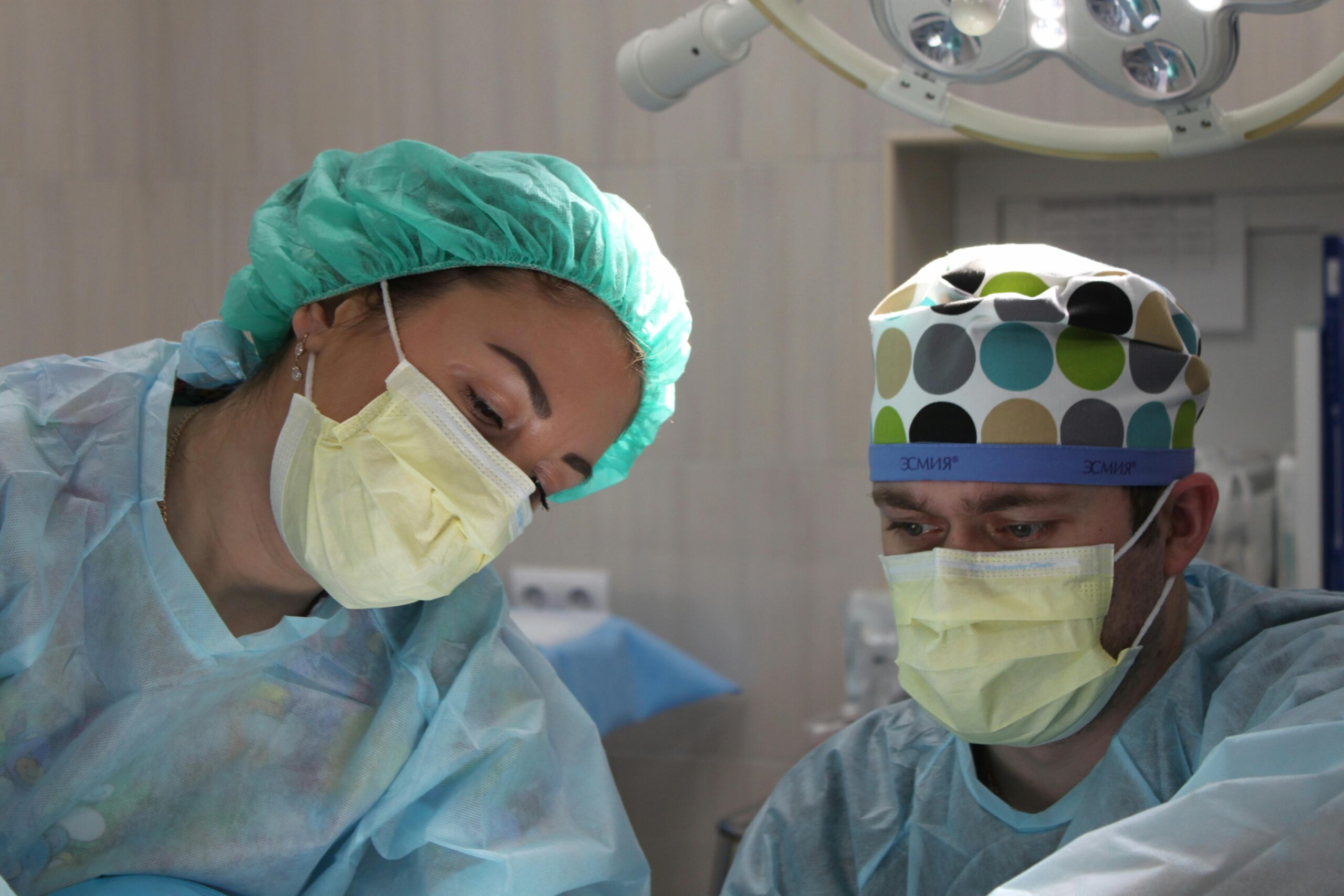If you work for the NHS, it’s essential to understand what support is available when you’re unwell. The NHS sick pay system is designed to give you peace of mind, but it can be complex, especially when your entitlements depend on how long you’ve worked in the service.
This guide breaks down the key points of the NHS sick policy so you know exactly where you stand, and complements our NHS maternity pay guide for complete benefits planning.
NHS Sick Pay Entitlements: What You Need to Know
NHS sick pay falls under the Agenda for Change (AfC) terms and conditions, which apply to the majority of staff. Your entitlement to occupational sick pay increases the longer you’ve worked in the NHS:
- Up to 1 year of service: 1 month full pay and 2 months half pay
- Up to 2 years: 2 months full pay and 2 months half pay
- Up to 3 years: 4 months full pay and 4 months half pay
- Up to 5 years: 5 months full pay and 5 months half pay
- 5 years or more: 6 months full pay and 6 months half pay
These entitlements are calculated based on your continuous NHS service and any sickness absences within the previous 12 months. If you’ve already taken time off sick in the past year, it may affect what you’re entitled to now.
In addition to occupational sick pay, employees may be eligible for Statutory Sick Pay (SSP) if they don’t qualify for or have exhausted their NHS entitlement. SSP is paid for up to 28 weeks, but the amount is significantly lower than NHS occupational sick pay.
Navigating the NHS Sick Policy
The NHS sick policy outlines how you should report illness, what documentation is required, and what happens when you return to work.
- Reporting sickness: You must notify your manager as early as possible if you’re too unwell to work. Delays in reporting can affect your pay.
- Fit notes: For absences lasting longer than 7 calendar days, a fit note (also known as a sick note) from your GP is required. This will confirm whether you’re not fit for work or if you may be fit with adjustments.
- Return to work: When you’re ready to return, a Return to Work meeting is typically arranged. This is a chance to review your recovery, assess any support you may need, and ensure you’re fit to resume duties.
It’s crucial to follow the correct process. Not providing the required medical evidence or failing to report your absence correctly can lead to delays or deductions in sick pay.
Additional Support: Injury Allowance and Long-Term Sickness
If your work caused your illness or injury, you may be entitled to the NHS Injury Allowance. This benefit can top up your sick pay to 85% of your normal earnings for up to 12 months. It’s not automatic; you’ll need to apply and meet the criteria.
For long-term absence, the NHS encourages a supportive and structured approach. This may include:
- Phased return to work plans
- Adjustments to your duties or hours
- Occupational Health referrals
- Redeployment to a different role if necessary
The aim is to help you recover fully while returning to a role that’s manageable and safe. Your manager, HR, and Occupational Health will work with you to ensure the process is fair and supportive.
When NHS Sick Pay Isn’t Enough: Protecting Your Career
Whilst NHS sick pay provides valuable support, it has significant limitations that healthcare professionals should understand:
- Maximum 6 months full pay – but what if you need longer recovery?
- No cover for partial incapacity (e.g., working reduced hours due to ongoing health issues)
- Doesn’t replace your full earning potential if you can’t return to your specific medical role
These gaps can be financially devastating for healthcare professionals. A GP with chronic fatigue might manage some administrative work but be unable to see patients, or a nurse with back problems might be unable to work full shifts but still handle light duties.
This is where specialist income protection for healthcare professionals becomes essential. Unlike standard policies, medical-specific income protection offers:
- Own occupation definitions that recognise your specific healthcare skills
- Benefits that can continue until retirement, if needed
- Coverage that works alongside NHS sick pay, not instead of it
Your medical training and expertise are your most valuable assets, and they deserve comprehensive protection beyond what NHS employment provides.
Final Thoughts
Understanding the NHS sick pay system and policy is crucial for your financial wellbeing and ensuring you’re properly supported when unwell. However, comprehensive financial protection for healthcare professionals often requires more than just NHS benefits.
Contact our specialists who understand healthcare professionals for expert guidance on protecting your medical career and income.
If unsure about your entitlements or procedures, speak with your manager or HR team. Knowing your rights allows you to focus on recovery without unnecessary stress.
